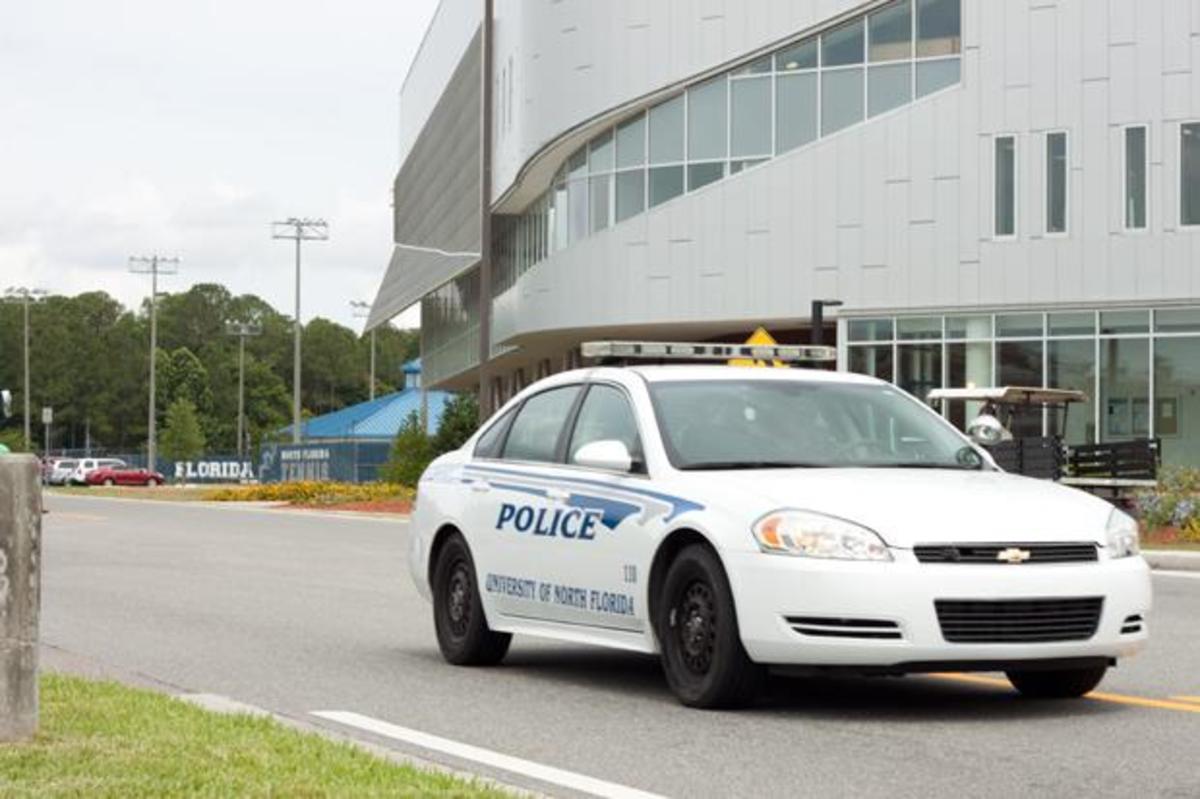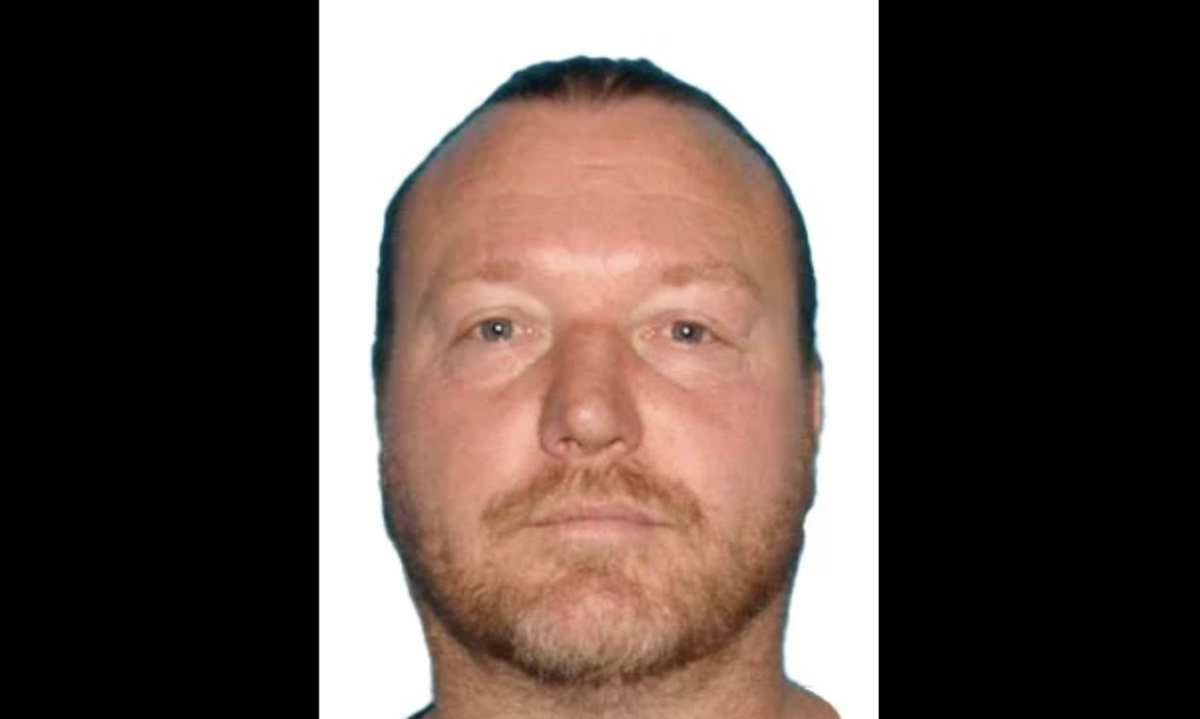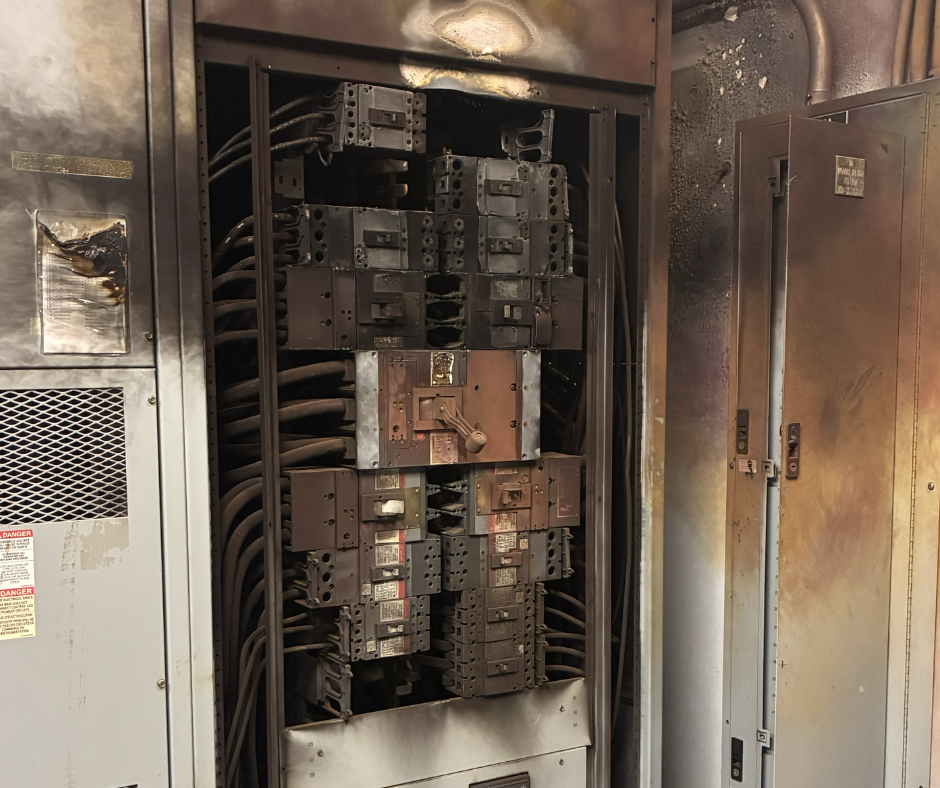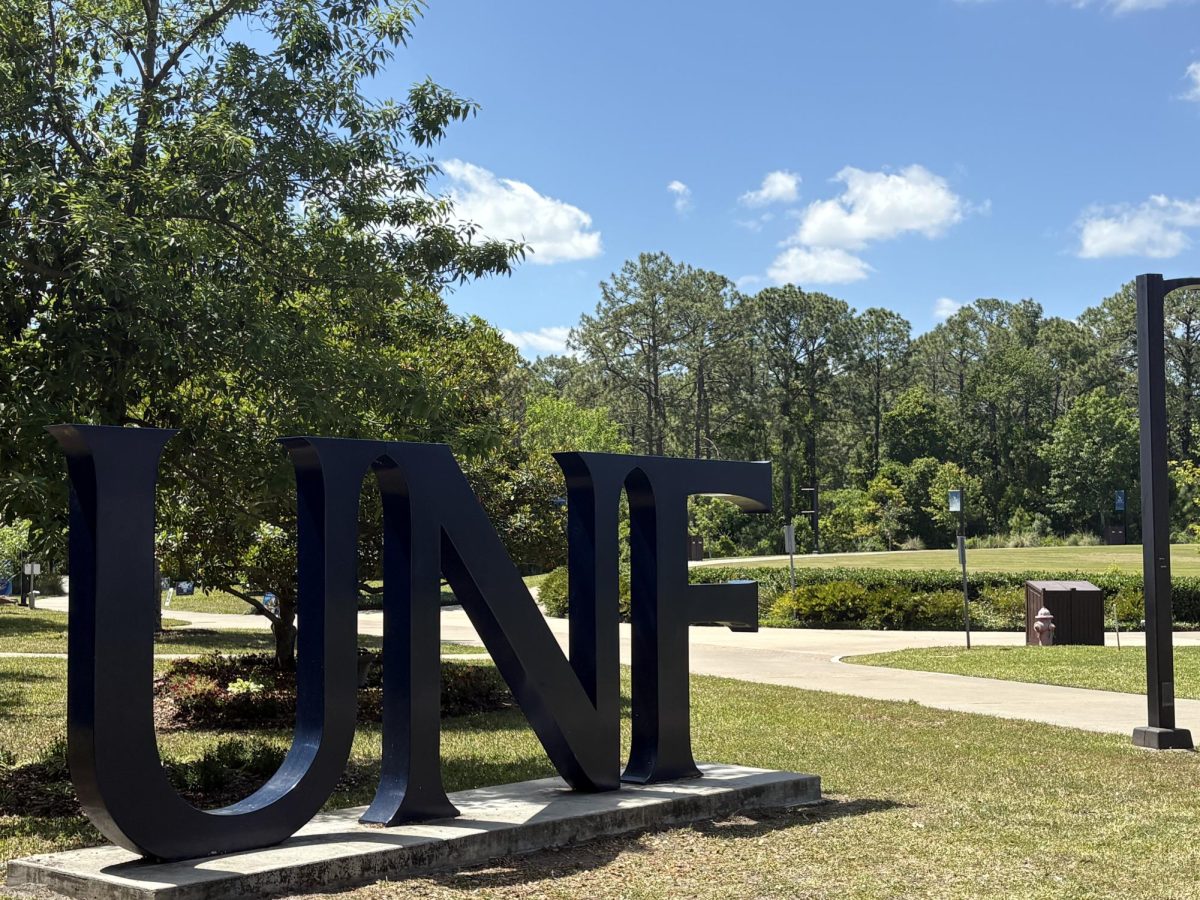
The recent mass shooting at University of California, Santa Barbara may leave some students concerned with the safety of their own school. UNF students, however, can rest easier knowing that their safety is the top concern of the university.
According to the Denver Post, there have been at least 22 mass shootings at schools since Columbine in 1999. Sharon Ashton, Vice President of Public Relations, says that although that number may seem high, students should consider the fact that very few emergencies are violent in nature.
“An active shooter is a very small percentage of [emergencies], but they’re the ones that make all the headlines,” Ashton said.
As far as emergencies at UNF go, the faculty and staff are extremely well prepared. UNF has two teams dedicated to crisis prevention and response, as well as a system derived from FEMA protocols.
The first team is the Crisis Management team, which is headed by Sharon Ashton. This team meets every other week year-round to discuss planned responses to potential crises.
“We take a look at incidents that have occurred at other universities and then take a look at our own systems, processes and procedures to see if we need to change anything,” said Ashton.
The second team is the Support Our Students team or SOS. This committee is headed by Thomas Van Schoor, Dean of Students and is responsible for identifying and assisting any students who seem troubled or in need of help.
“We look for behavioral changes such as isolation or disruptive behavior, behaviors that affect a person’s ability to grow,” said Van Schoor. “We’ve tried to set the bar lower as far as behavior that we want others to report. The thing about these past school shootings is that there is always someone who didn’t report something.”
Van Schoor noted that the recent UCSB shooting was an anomaly due to the fact that several people had notified the authorities, and the shooter actually had police in his home weeks prior to the shooting.
The third line of defense in UNF’s arsenal is the Incident Command System. The ICS follows FEMA protocols and standards, providing a framework for the reassignment of UNF faculty and staff into their emergency roles. All new employees receive crisis training within six months of hiring, and all buildings have at least four building supervisors that receive additional emergency training.
“In the event of an emergency everyone here kind of switches roles,” said Ashton, who becomes UNF’s Public Information Officer when an emergency takes place.
Once the University has changed gears, a whole array of communication becomes available to the faculty. According to Ashton there are a total of 12 different forms of communication available to staff during emergencies. These include indoor/outdoor PA systems, access to all campus TV monitors, email and text. UNF’s main phone line can have a pre-recorded message or double as a call center for concerned parents. The new voicemail and text message system that the university has implemented can reach every single student, staff and faculty member within 3 minutes.
“One of the commitments we’ve made is to stay on the cutting edge,” said Van Schoor.
Of course technology can only go so far, but luckily UNF also has a top-notch police force at it’s disposal as well.
“The 30 men and women who work [here] have gone through the highest level of training and certification,” said Ashton. “Many of them have retired from the Jacksonville Sheriff’s Office, bring 20 years of experience with them”
Overall, students should be able to sleep soundly at night that they have an entire workforce consistently training and preparing for emergencies just for them. Sometimes, however, its the students who can make the difference.
“Students are possibly the best people when it comes to identifying potential problems,” Van Schoor said.










